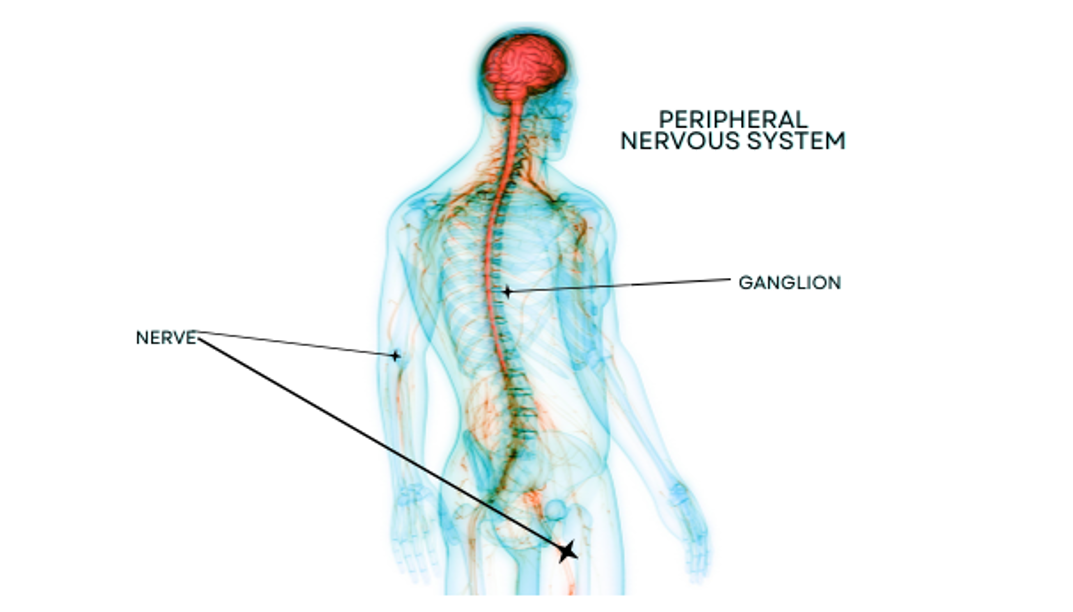Strategies to Optimize Revenue Cycles
Definition and Overview
Denial management is a critical process in medical billing aimed at identifying, analyzing, and resolving denied claims to ensure optimal revenue flow for healthcare providers. Denials occur when insurance payers refuse to reimburse services due to various reasons, significantly impacting providers’ financial health. An efficient denial management process not only recovers revenue but also prevents future denials, contributing to a healthier revenue cycle.

Common Reasons for Denials
Understanding the root causes of claim denials is crucial for prevention. The most frequent reasons include:
1. Coding Errors
Mistakes in coding—such as incorrect ICD-10, CPT, or HCPCS codes—lead to claim rejections. Accurate coding ensures compliance with payer requirements.
2. Missing or Invalid Patient Information
Errors in patient demographics, such as name misspellings or incorrect insurance details, are common causes of denials.
3. Lack of Medical Necessity Documentation
Insurance companies require evidence that services are medically necessary. Inadequate documentation often leads to denials.
4. Duplicate Claims
Submitting the same claim multiple times can result in automatic rejection by payers.
5. Prior Authorization Issues
Services requiring pre-approval from payers often face denials if prior authorization isn’t obtained.
6. Timely Filing Limits
Claims submitted after the deadline set by payers are typically denied, emphasizing the importance of timely submission.
7. Non-Covered Services
Claims for services not included in the patient’s insurance plan are routinely denied.
Denial Management Process
An effective denial management strategy involves the following steps:
1. Identifying and Categorizing Denials
Quickly identify denied claims and categorize them based on reasons to streamline the resolution process.
2. Analyzing Denial Patterns
Evaluate denial trends to pinpoint systemic issues, such as recurring coding errors or documentation gaps.
3. Appealing Denied Claims
Develop a robust appeals process, including:
- Level 1 Appeals: Requesting reconsideration with additional documentation.
- Level 2 Appeals: Escalating to higher authorities within the payer organization if necessary.
4. Tracking and Reporting Denial Data
Maintain detailed records of denials, appeals, and resolutions to monitor progress and identify areas for improvement.
5. Implementing Preventive Measures
Address the root causes of denials to minimize recurrence.
Strategies for Reducing Denials
Proactive measures can significantly reduce the frequency of claim denials:
1. Thorough Patient Registration and Insurance Verification
Accurate collection of patient details and verification of insurance coverage at the time of registration prevent errors.
2. Accurate Coding and Documentation
Employ certified medical coders and invest in training to ensure precision in coding and documentation.
3. Staying Up-to-Date with Payer Guidelines
Regularly review and adapt to changes in payer policies and regulations.
4. Utilizing Claim Scrubbing Software
Implement automated tools to detect and correct errors before submission.
5. Staff Training and Education
Provide ongoing training to billing staff to keep them informed about the latest industry practices.
Key Performance Indicators (KPIs)
Tracking KPIs helps measure the effectiveness of denial management efforts:
1. Denial Rate
The percentage of claims denied out of total claims submitted.
2. Appeal Success Rate
The proportion of appealed claims successfully reimbursed.
3. Days in Accounts Receivable (AR)
The average time it takes to collect payment after a claim is submitted.
Real-World Examples
Consider a medical practice experiencing a 15% denial rate due to coding errors. By implementing claim scrubbing software and providing coder training, the denial rate dropped to 5% within six months, leading to increased revenue.
FAQs
1. What is denial management in medical billing?
Denial management involves analyzing and resolving denied claims to ensure revenue recovery and improve the billing process.
2. Why are claims denied?
Claims are denied for reasons such as coding errors, missing patient information, lack of documentation, and failure to meet payer requirements.
3. How can we reduce claim denials?
Strategies include accurate patient registration, thorough documentation, regular staff training, and using claim scrubbing tools.
4. What is the role of KPIs in denial management?
KPIs such as denial rate and appeal success rate provide insights into the efficiency of denial management efforts.
5. How long does it take to resolve a denied claim?
Resolution time varies depending on the complexity of the denial and the appeals process but can range from a few days to several weeks.
6. Can denied claims be appealed?
Yes, denied claims can be appealed by providing additional documentation and evidence to support the claim.




One thought on “Denial Management in Medical Billing”